The world of project management is evolving at an extraordinary pace, driven by technological advancements and shifting workplace priorities. As we step into 2025, Project Managers will need to navigate a landscape shaped by automation, data-driven insights, and hybrid work models. Staying ahead of these trends will be key to delivering successful projects.
Here are my predictions for the key trends in Project Management in 2025 and beyond.

AI-Powered Project Management Becomes the Norm
Artificial intelligence (AI) will become the backbone of modern Project Management. In 2025, AI tools will seamlessly integrate with core technology platforms like Microsoft Teams, Dynamics 365, and Microsoft Planner to automate routine tasks, forecast risks, and generate plans.
In 2025, AI will provide real-time insights into project progress, flagging potential delays and suggesting corrective actions before they escalate. Chatbots such as Copilot will handle routine queries, freeing up Project Managers to focus on strategy. Organisations that embrace AI-driven project management will benefit from reduced costs and significantly improve project delivery timelines and success rates.
With this being said, AI should be paired with deep project management expertise to ensure recommendations make good sense to drive projects in the right direction.
Increased Focus on Data-Driven Decision-Making
Data has always been valuable, but 2025 will mark the era of actionable insights. Project Managers will depend greatly on analytics tools like Microsoft Power BI to monitor KPIs, track performance trends, and make data-driven informed decisions in real time.
Dashboards will aggregate data from various sources such as budgets, schedules, and resource utilisation into insightful visualisations. Predictive analytics will further empower leaders of projects to identify risks and opportunities based on historical trends and lessons learned. Project Managers must become competent in translating metrics into meaningful action plans.
Agile and Waterfall Fusion: The Rise of Hybrid Methodologies
In 2025, the debate between Agile and Waterfall will give way to a blended approach. Hybrid methodologies will combine the flexibility of Agile with the structured planning of Waterfall, enabling teams to adjust to complex project demands.
For instance, teams might use Agile sprints for software development while employing Waterfall for fixed milestones like compliance reviews or budget approvals. Or Cloud Migrations may lead with a Waterfall approach but choose to leverage Agile sprints for repeatable migration events. This flexible approach will be particularly advantageous for IT transformation projects that involve both technical innovation and regulatory control. Grasping hybrid methodologies will be key to delivering successful projects in our ever-evolving dynamic world.
Greater Emphasis on Sustainability in Project Goals
Sustainability will be a core priority for organisations that want to make a positive impact on the world. In 2025, Project Managers will need to weave Environmental, Social, and Governance (ESG) considerations into the fabric of their planning and execution processes.
Customers and stakeholders will increasingly require projects that align with sustainability goals such as reduced carbon footprints. Tools like Microsoft Cloud for Sustainability will help track and report these efforts, making them a critical piece of project success. Future Project Managers will need to handle ESG considerations as core deliverables, ensuring that sustainability and social impact are integrated into each stage of the project lifecycle.

Project Management Upskilling Becomes Mission-Critical
As project management tools and methodologies evolve, Project Managers must evolve with them. In 2025, ongoing education will be a key aspect of staying competitive in the field.
Project Managers will need expertise in technologies like AI, data visualisation, and automation tools. Soft skills like adaptability, communication, and change management will also become more valuable as teams grow more diverse. Organisations will need to invest deeply in upskilling programmes, certifications, and workshops to ensure their Project Managers can meet the demands of the future.
Preparing for the Future
The project management landscape is changing rapidly and staying ahead of curve forces a proactive mindset. As technology like AI, predictive analytics emerge and hybrid methodologies become the norm, project management teams must embrace continuous learning and development opportunities. The future of project management isn’t just about keeping up, it’s about shaping what’s next.
If you would like to experience strong project control over your IT transformation projects and programmes, Transparity can help, get in touch.



